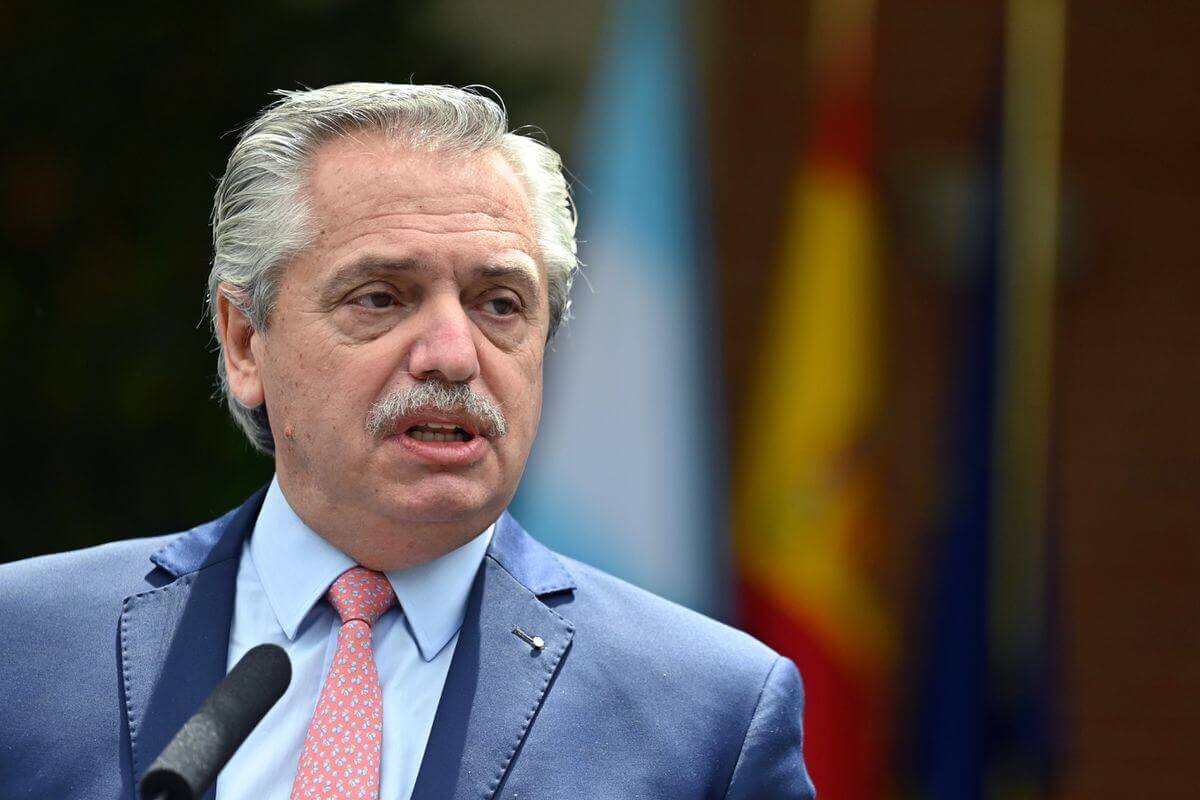South Asia
During his visit to the Maldives, Chinese Foreign Minister Wang Yi signed five agreements, including a visa exemption for Maldivian citizens and a bilateral agreement on cooperation between the two countries’ hospitals. [The Maldives Journal]
On Sunday, Pakistani Foreign Minister Shah Mahmood Qureshi began his four-day visit to Romania and Spain. He is scheduled to hold meetings with several high-level officials, including the foreign ministers of the two European countries. [Geo.tv]
Central Asia and the Caucasus
United States (US) Secretary of State Antony Blinken on Sunday expressed concern about the declaration of a state of emergency in Kazakhstan, saying that it could violate the rights of protesters. Furthermore, he denounced Kazakh President Kassym-Jomart Tokayev’s “shoot to kill” order and demanded that it should be rescinded. Blinken also said that it was not necessary for Tokayev to invite peacekeepers from the Russia-led Collective Security Treaty Organization (CSTO) to quell the unrest, warning that Kazakhstan may have a difficult time getting Russian troops to leave. “Once Russians are in your house it’s sometimes very difficult to get them to leave,” he remarked [US Department of State, Anadolu Agency]
Turkmen President Gurbanguly Berdimuhamedov has ordered experts to extinguish a massive five-decade-old fire at the iconic “gates of hell” natural gas crater, also known as the Darvaza crater, in the Karakum desert. The crater was created in a 1971 drilling accident that collapsed the rig. In order to prevent dangerous fumes from spreading, the Soviets burned the gas by setting the field on fire. The 70 metre-wide and 20-metre-deep crater has been a popular tourist attraction since. [The Guardian]
East and Southeast Asia
Myanmar’s ousted leader Aung San Suu Kyi was found guilty of illegally importing and possessing walkie-talkies and violating coronavirus restrictions. A junta court sentenced her to four more years in prison for the charges on Monday. [AP]
Hundreds in the Philippines have fallen ill with diarrhoea as millions struggle to secure access to clean water and food after a typhoon last month. Typhoon Rai destroyed thousands of homes and killed more than 400 people in the country. [The Straits Times]
Europe
France’s data privacy agency, CNIL, has fined social media giants Google and Facebook a total of $238.6 million for making it difficult for users to reject cookies. Google was fined $170.4 million and Facebook $68.2 million. Karin Kiefe, the agency’s head of data protection and sanctions, said, “Rejecting cookies should be as easy as accepting them.” [EU Observer]
On Sunday, thousands of people gathered in Czech Republic’s capital, Prague, to raise questions about the effectiveness of vaccines and protest the government’s proposed vaccine mandate. Protesters chanted “Freedom, freedom” as they marched across the capital. People above the age of 60 and essential workers such as medical personnel and police officers would be legally required to get vaccinated against COVID-19. The mandate, set to take force in March, might be repealed by the new government led by Prime Minister Petr Fiala. [Associated Press]
British Foreign Secretary Liz Truss criticised Russia’s “unacceptable” actions along its border with Ukraine and “illegally-annexed Crimea.” She vowed to cooperate with her NATO partners to “defend democracy in eastern Europe.” [UK Government]
Latin America and the Caribbean
On Friday, Argentine President Alberto Fernández took over the presidency of the Community of Latin American and Caribbean States (CELAC) from his Mexican counterpart Andrés Manuel López Obrador. During a meeting of the member states, Venezuela called for an end to “unilateral sanctions and blockades” against CELAC countries, a point echoed by Nicaragua, which stood by Cuba. Cuba, meanwhile, offered Argentina support in its dispute with the United Kingdom over the Falkland Islands, which Argentina refers to as the Malvinas. [MercoPress]
On Sunday, opposition and United States-backed gubernatorial candidate Sergio Garrido won the vote in Barinas, the home state of former President Hugo Chávez. However, the ruling government’s PSUV coalition still controls 19 out of 23 governorships. Nevertheless, Garrido’s victory was significant because he defeated former Vice President and current Minister of Foreign Affairs Jorge Arreaza. [Associated Press]

Middle East and North Africa (MENA)
Indian External Affairs Minister Subrahmanyam Jaishankar held a phone conversation with his Iranian counterpart Hossein Amir Abdollahian on Saturday to discuss bilateral, regional, and international issues. Both envoys agreed to cooperate on delivering humanitarian aid to Afghanistan. They also discussed the recent surge in COVID-19 cases and the ongoing nuclear talks in Vienna. [Iran Ministry of Foreign Affairs]
Iraq’s new parliament held its first session since the October 25 election and elected Sunni lawmaker Mohammed al-Halbousi as speaker, the first step towards establishing a new government. According to the post-Saddam Hussein constitution adopted in 2005, the speaker must be a Sunni, the prime minister a Shia, and the President a Kurd. [Reuters]
North America
On Sunday, the United States (US) National Security Advisor Jake Sullivan warned of a firm response to Iran’s sanctions against 51 Americans over the assassination of former Quds force chief Qassem Soleimani. Sullivan noted that “Iran’s proxy militias continue to attack American troops in the Middle East” and affirmed that Washington will defend its citizens and work to deter any attacks carried out. [The White House]
Amid increasing COVID-19 cases, the United States (US) and Japan on Sunday decided to keep American troops at their bases across Japan. The 14-day restriction period, starting from Monday, will limit American personnel to their base facilities except for “essential activities.” The Japanese government imposed restrictions in various prefectures, including Okinawa, a southwestern island cluster that hosts the majority of the 55,000 US troops in Japan. [ABC News]
Oceania
In a bid to upgrade its military fleet, Australia announced plans to purchase at least 120 tanks and other armoured vehicles worth $3.5 billion from the United States (US). The tanks will replace the army’s 59 Abrams M1A1s, which were first bought in 2007. Australia will also purchase 29 assault breacher vehicles, 17 joint assault bridge vehicles, and six armoured recovery vehicles. [The Sydney Morning Herald]
Australian Prime Minister Scott Morrison said the country must push through the latest wave of COVID-19. Morrison also urged the unvaccinated population to get injected, saying, “The people who are predominately in hospital who have gone there because of COVID are unvaccinated.” There are currently 5,097 patients are in hospital with COVID-19. [9 News]
Sub-Saharan Africa
Tanzania recorded a $484.5 million trade surplus with East African Community countries in 2020, up from $343.8 million in 2019. It also registered a trade surplus of $1.09 billion with the Southern African Development Community members, illustrating its expanding footprint in sub-Saharan Africa. [The East African]
On Sunday, at an extraordinary summit in Accra, members of the Economic Community of West African States (ECOWAS) decided to close their borders with Mali after the junta delayed elections to December 2025 instead of holding them at the originally stipulated date of February. The junta leadership had originally committed to holding elections after an 18-month transition period following a coup in August 2020 and later said it would honour this pledge following another coup in May 2021. As a result of this delay, ECOWAS nations have also severed diplomatic ties and imposed harsh sanctions on the country; its membership was already previously suspended. [Reuters]

